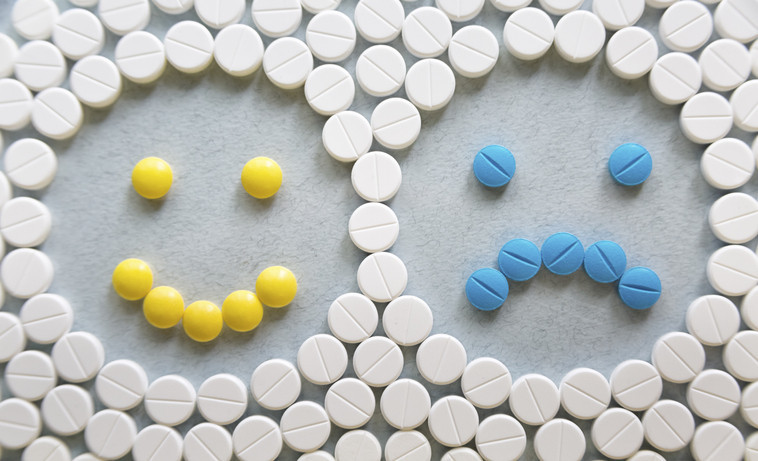In today’s rapidly evolving media landscape, the portrayal of psychiatric drugs has consistently leaned toward the positive, representing media misrepresentation of antidepressants and suicides often glossing over potential harms or side effects.
While many patients have undoubtedly benefited from these medications, the overarching narrative seems imbalanced. But why? We have tried to unveil at least five main reasons that shed light on this phenomenon.
- Pharmaceutical Advertising and Sponsorship
One of the most significant influencers in media portrayal is the substantial advertising revenue from pharmaceutical companies. In many countries, drug advertisements are a mainstay, especially during prime time slots on major networks.
Such significant financial investments can sometimes sway the tone of the coverage. It’s not overt censorship, but a subtle influence where critical stories might get less attention, or the narrative might be adjusted to provide a more balanced view, even when hard facts suggest otherwise.
- Access to Industry Experts
Another crucial element is access. Journalists often rely on experts to provide insights or comments on their stories. Many of these experts have affiliations or financial ties to pharmaceutical companies, either through research grants, speaking engagements, or other professional liaisons.
Their perspectives, consciously or not, might be skewed in favor of the products of their affiliated companies. While this doesn’t imply dishonesty, it suggests a potential for bias that isn’t always clarified for the audience.
- Fear of Legal Repercussions
The pharmaceutical industry is known for its deep pockets and robust legal teams. Media outlets, especially smaller ones, might fear potential legal ramifications if they run a story that paints a particular drug or company in a negative light.
While freedom of the press is a cornerstone of many democracies, the reality of potential legal battles can be a daunting prospect for many media organizations, leading them to tread cautiously.
- The Compelling Recovery Story
From a purely journalistic perspective, the story of despair turned to hope, thanks to a miracle pill, is compelling. It’s the kind of narrative that grabs attention and resonates with many, especially those seeking solutions for their struggles.
The media often leans into these stories because they’re relatable and inspirational. However, this sometimes means glossing over the less pleasant aspects or potential risks associated with these “miracle” drugs.
- Public Perception and Stigma
Mental health, despite strides made in recent years, is still a topic shrouded in stigma. Many media outlets might feel a societal responsibility to present solutions (in this case, psychiatric drugs) in a positive light to encourage those suffering to seek help.
While well-intentioned, this can lead to an imbalanced view, where the potential risks of a drug are downplayed to emphasize its benefits.
Media Misrepresentation Of Antidepressants And Suicides
Just days after the BBC’s report, leadership figures from the Norwegian Psychiatric Association weighed in with an op-ed in a leading newspaper titled, “The Dangers of ‘Pill Shaming’.” This defense of psychiatric drugs mirrors opinions commonly held by top psychiatrists globally. However, some of their assertions merit scrutiny:
They claim that it’s a myth that psychiatric drugs alter one’s personality, possess more side effects than other medications, or are inherently harmful or redundant. Yet, there’s significant evidence suggesting these drugs can indeed influence personality.
The primary objective of such medications is to modify brain functions, leading many patients to feel they’ve changed fundamentally—a sentiment often echoed by their loved ones.
Moreover, the potential harm of these drugs cannot be dismissed lightly. Some assessments even rank psychiatric drugs as the third primary cause of death, following heart disease and cancer.
Furthermore, there’s ample documentation highlighting the pharmaceutical industry’s prioritization of profit over patient well-being, with instances that border on unethical business practices.
While it’s undeniable that psychiatric medications have played a pivotal role in helping many individuals regain control of their lives, it’s vital for the media to present a balanced view.
Being aware of the influences shaping the narrative is the first step. As consumers of news, we must be discerning, critically evaluating the information presented, and seeking multiple sources to get a comprehensive understanding of any issue, especially one as crucial as mental health.



















